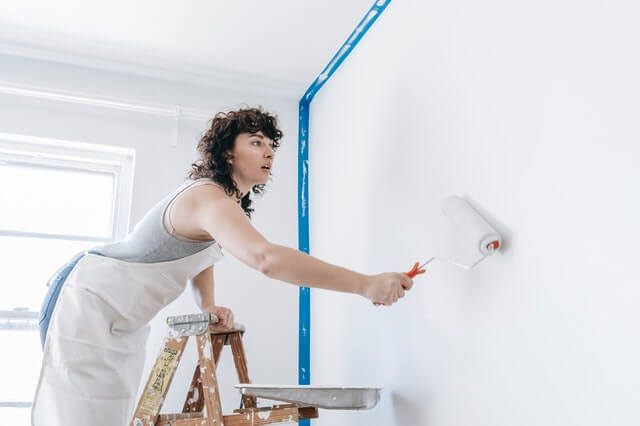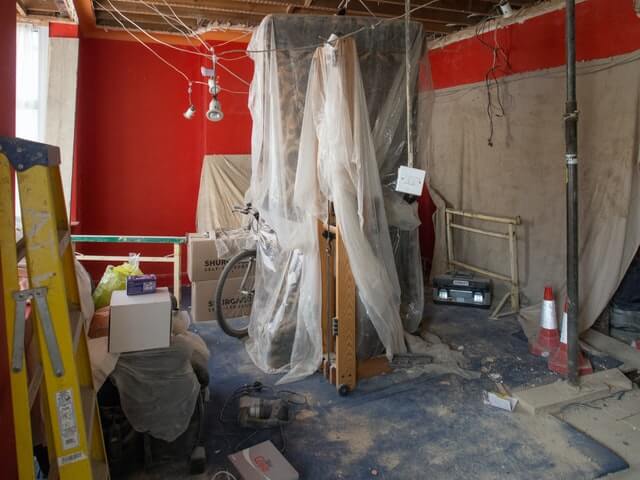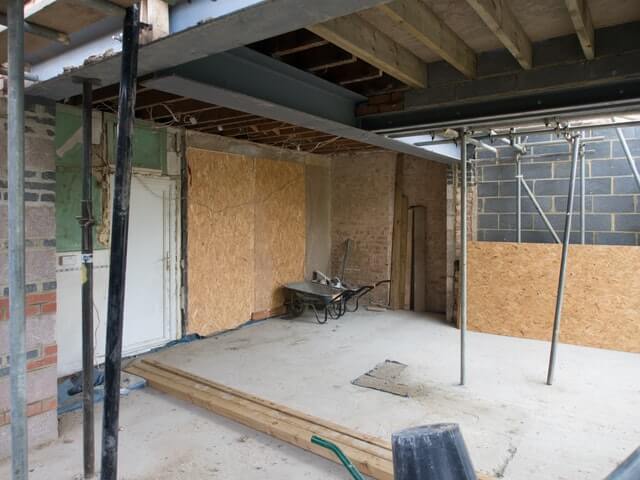When a tenant moves into the landlord’s property, there is an instant expectation that he will treat it as his home if the lease term is longer than six months. There’s nothing wrong with that idea because that’s why they rented the property in the first place – for them to have a place to live in; a home.
They will bring in their belongings, settle in, put some personal touches to make the place homey based on their preference, and make some changes to feel comfortable. Usually, the changes they will make are minor. For example, blinds and curtains or replacing cabinet hardware. It could also be unrelated to design, such as installing child-safety latches on cabinets. Those changes would not be an issue because the tenant can remove those when they move out to restore the space to its original state.

However, some tenants go overboard when it comes to “personalizing” the rental home. They would make permanent changes to the property without the landlord’s permission or despite the landlord’s denial. Doing so could bring about conflict between the tenant and landlord, which could often get ugly.
A Wording on the Lease Agreement
A well-constructed lease agreement is a landlord’s best defense against abusive and irresponsible tenants. It is essential to have some wording in the lease agreement that the tenant is forbidden to make permanent changes to the rented space. The lease agreement should also state that if the tenant makes changes, they will be responsible for restoring the rented space to its original condition (its physical state at the beginning of the lease) after the lease ends.
Why Unauthorized Changes are not OK
When a tenant makes design or functional changes to a property, they intend to improve it. That is not a problem in itself. However, making dramatic changes to a property that they do not own without asking permission from the landlord is a form of disrespect.
Even if the permanent change they made is a drastic improvement to the property, it does not change the fact that a violation of the lease occurred because there was no approval from the landlord. It is still a dilemma for the landlord if they let it slide because it shows he tolerates violations. The landlord may go easy on the tenant given that the intention was good and the change upgraded the property. However, there should still be a course of action to discourage the tenant from committing the violation again.

It would be a different story if the tenant made changes that can potentially cause damage to the property, such as installing a hot tub in the middle of the living room. For severe instances, the landlord has the right to take legal action against the tenant or evict the tenant.
What Landlords Can Do
Upon discovering that tenants made drastic changes to the rental space without asking the landlord’s permission, the latter should take steps to address the problem calmly and professionally.
- Send the tenant a written notice acknowledging the unapproved changes and expressing disappointment for the tenant’s failure to ask permission.
- Attach a written warning that the violation of the lease would have corresponding consequences. It must include the lease agreement clause that discusses the issue.
- Inform the tenant that he is no longer allowed to make additional changes to the property. Should the tenant have ideas and desires for property upgrades, he must send a written request to the landlord, who will have the freedom to grant or deny the request.
- List down the consequences that the tenant will face because of the violation. The consequences may depend on the severity of the violation. It can be a demand to restore the property to its original condition at the tenant’s expense, deducting restoration expense from the security deposit, or eviction.

Finding Better Tenants
If the violation does lead to an eviction, rental agents must find better tenants to prevent a similar situation from happening again. After publishing a listing on Padleads, a rental agent must screen tenants and find ones who will take care of the property, honor the lease agreement, and respect the landlord’s rights as the owner of the property.